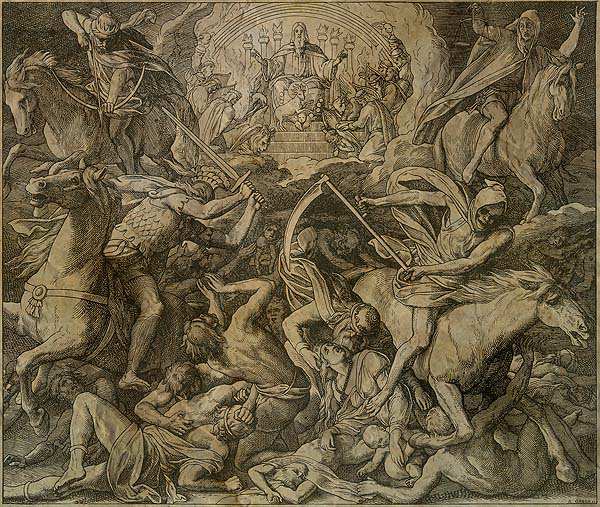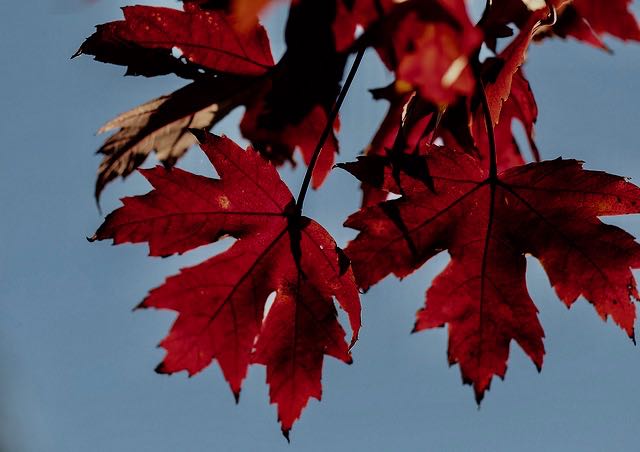Stop Light
By D.A. Gray
“Embrace diversity.
Unite —
Or be divided,
robbed,
ruled,
killed
By those that see you as prey.
Embrace diversity
or be destroyed.”
― Octavia E. Butler, Parable of the Sower
The light works for now.
We’re stopped at an intersection
beside the Walgreens and its half-full
parking lot, safely in our lanes,
east – west traffic moving steadily
across our path. The barber shop
across the street, quiet,
its door opening once in this minute
of stillness. No walls coming down
to separate us, just a belief in order
that’s still holding this moment
on the smooth black-topped road,
and the smooth skin of our cars
stays smooth because we believe
for now, that’s the way they should.
A shock jock is screaming over
the radio waves about givers and takers.
A truck races through a yellow light
with a confederate flag streaming.
So many would destroy this rather
than see it shared. I’ve deployed
to third world countries, aware
of how long it took to build this.
I’ve guarded voting lines, aware
of how hard to make sure
everyone knows this matters,
and guarded trucks so the road
crews could lay the asphalt.
I’ve come back knowing what we have
to lose – and it’s not enough when
we’re electing people who rise
to power just to watch it burn.
The light changes. We may move
forward, only if everyone on this road
notices the light and knows it means forward.
D.A. Gray is the author of Contested Terrain (FutureCycle Press, 2017) and Overwatch (Grey Sparrow Press, 2011). His poems have appeared in The Sewanee Review, Grey Sparrow Journal, Appalachian Review, Writers Resist, Comstock Review, Still: The Journal and Wrath-Bearing Tree among others. He holds Masters Degrees from The Sewanee School of Letters and Texas A&M-Central Texas. A veteran, Gray now teaches, writes, and lives in Central Texas.





